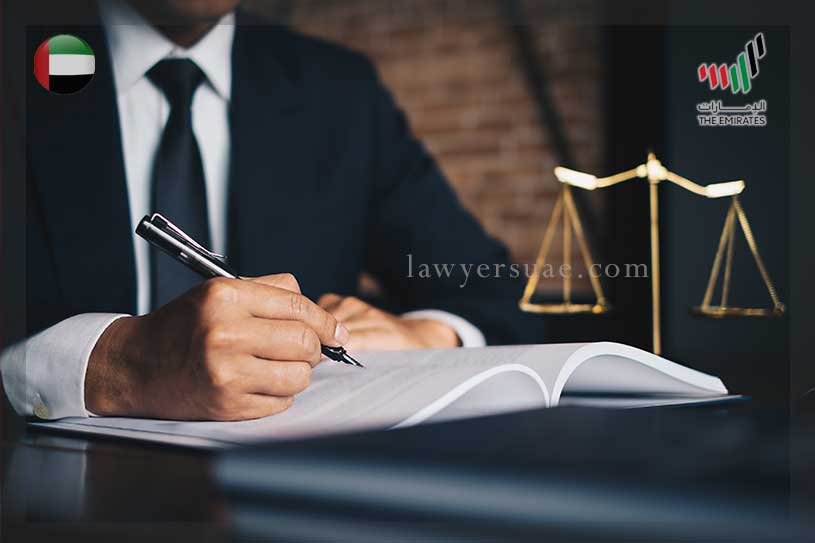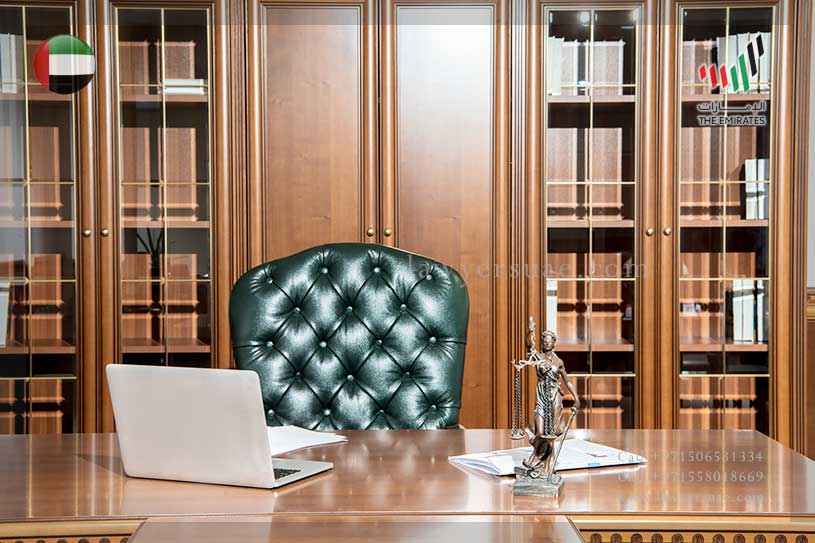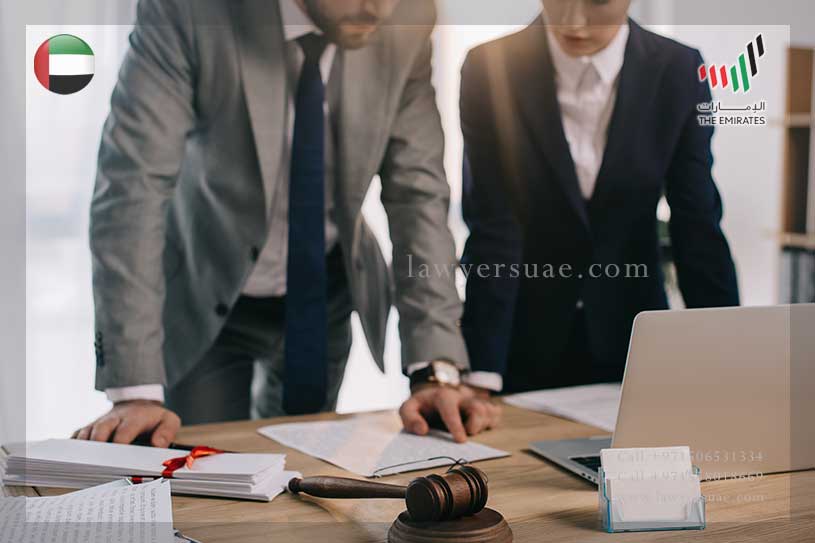Dispute resolution refers to the legal procedures for settling disagreements between parties. Effective mechanisms for resolving conflicts are vital in the United Arab Emirates (UAE) for ensuring justice and maintaining economic stability. This article explores dispute resolution channels in the UAE, including litigation and arbitration.
When voluntary settlement fails or judicial intervention becomes necessary in civil cases examples, the courts provide an independent forum for case proceedings and judgments. However, alternative dispute resolution methods like arbitration offer more flexibility in appointing experts and maintaining confidentiality.
Settle Conflicts Effectively

The Role of the Courts in Dispute Resolution in the UAE
The court system facilitates fair and authoritative judgements. Key responsibilities include:
- Presiding over case proceedings objectively
- Evaluating evidence appropriately to pass equitable judgements
- Enforcing legal decisions requiring compliance
While alternative mechanisms like mediation or arbitration resolve many disputes, courts remain essential for legal intervention when needed. Overall, the courts uphold justice to resolve conflicts judiciously.
The Arbitration Process: An Alternative to Court Litigation
Arbitration constitutes a confidential, binding conflict resolution method without lengthy court procedures, offering an alternative to commercial litigation in UAE. Parties involved appoint arbitrators possessing relevant expertise to review cases impartially.
Key advantages include:
- Confidential proceedings outside courtrooms
- Flexibility in choosing knowledgeable arbitrators
- Efficient alternative to time-consuming litigation
- Decisions typically enforceable under UAE laws
By providing alternatives to court trials, arbitration preserves confidentiality while resolving disputes fairly based on subject-matter expertise relevant to the case.
Mediation and Other Alternative Dispute Resolution Methods in the UAE
In addition to arbitration, options like mediation facilitate swift dispute resolution through mutual agreement between conflicting parties. A neutral mediator helps guide negotiations without dictating outcomes.
Further alternatives like arbitration offer:
- Confidential case proceedings
- Specialized arbitrators tailored to each dispute
- Efficient resolution relative to court litigation
Providing diverse resolution mechanisms bolsters UAE’s reputation for settling legal conflicts efficiently while attracting businesses relying on effective dispute resolution.
Different court systems in the UAE
The UAE incorporates these court systems:
- Local onshore courts following civil law
- Offshore DIFC and ADGM courts under common law
While Arabic remains the primary litigation language to date, English also serves as an alternative in certain contexts. Additionally, laws differ across emirates and free trade zones based on jurisdiction.
Navigating this multifaceted legal environment benefits greatly from experienced local legal experts intimately familiar with regional judicial nuances. They support all parties through identifying optimal resolution paths just as a trusted guide recommends ideal dining spots reflecting distinctive tastes.

